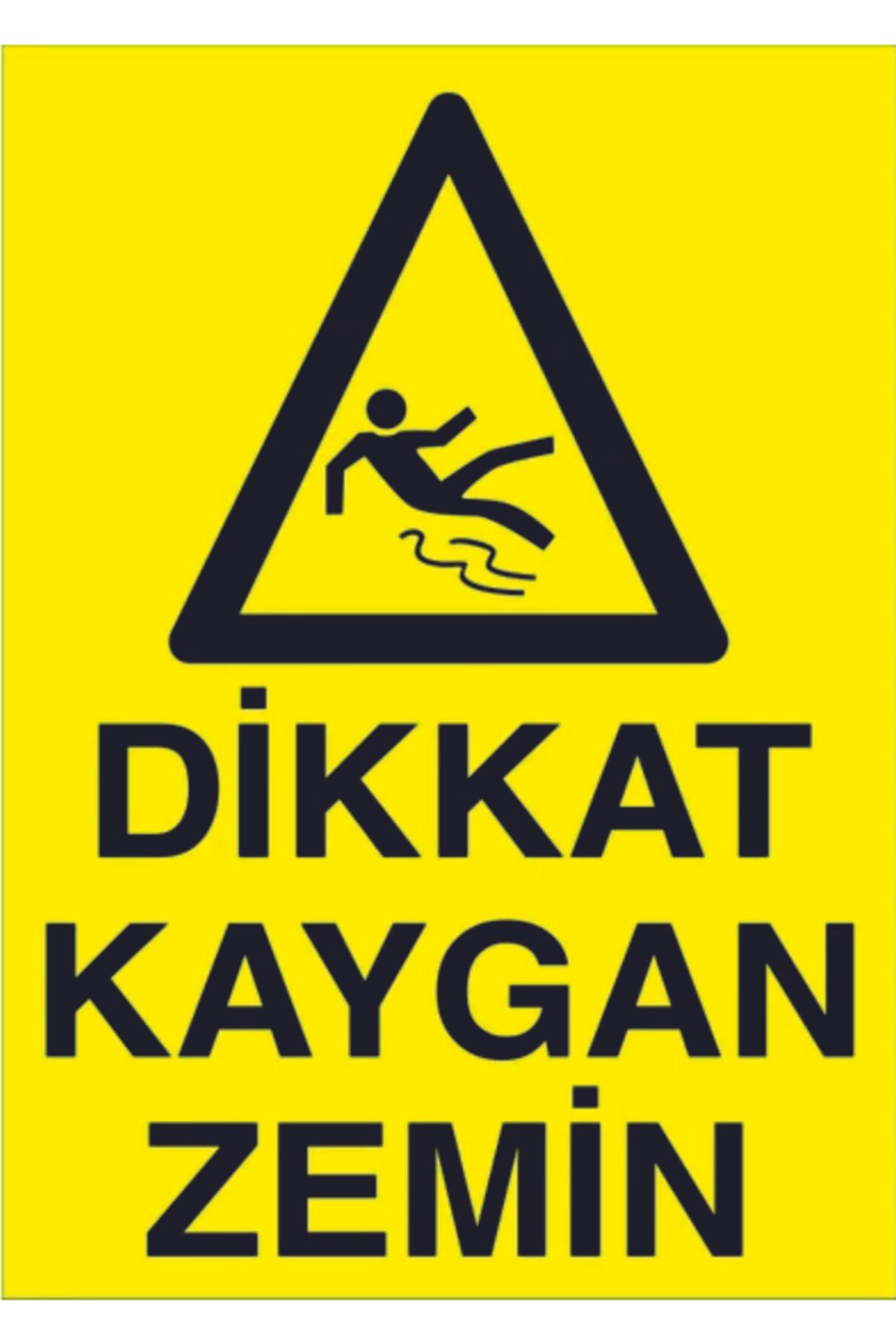The 8 Most Subtle Signs Of ADHD In Grownups

Table of Contents
Difficulty with Time Management and Prioritization
Time blindness, procrastination, and poor organization are hallmarks of ADHD in adults. Effective ADHD time management is often a significant struggle. Many adults with ADHD find themselves consistently battling against the clock.
- Consistently running late or misjudging how long tasks will take (time blindness): This isn't simply a matter of poor planning; it's a neurological challenge in accurately perceiving the passage of time.
- Procrastinating on even small tasks, leading to stress and last-minute rushes: The feeling of being overwhelmed can lead to avoidance, further compounding the problem. This procrastination isn't laziness; it's a symptom of ADHD.
- Struggling to prioritize tasks, leading to feeling overwhelmed and accomplishing less than intended: Prioritization requires executive function skills, often impaired in individuals with ADHD.
- Difficulty starting tasks, even when wanting to complete them: This inertia can be incredibly frustrating, leading to feelings of inadequacy and self-criticism.
Examples include: Missing deadlines at work, constantly feeling behind schedule, neglecting household chores, and consistently arriving late to appointments. These issues significantly impact productivity and overall well-being.
Problems with Focus and Concentration
Attention deficit is a core symptom of ADHD, even in adults. Concentration difficulties can manifest in various ways, significantly impacting daily life.
- Easily distracted by minor interruptions or noises: A small sound or movement can completely derail focus, making sustained concentration extremely challenging.
- Difficulty maintaining focus during conversations, meetings, or while reading: The mind may wander frequently, leading to missed information and a feeling of being constantly "behind."
- Frequently losing your train of thought: This can be incredibly disruptive, leading to frustration and difficulty completing tasks.
- Experiencing mental fatigue even after periods of rest: This mental exhaustion is distinct from physical tiredness and is a common complaint among those with ADHD.
Examples include: Zoning out during meetings, struggling to read long articles or books, losing concentration while driving, and frequently switching tasks without completing any. This can lead to significant issues at work, school, and in personal relationships.
Impulsivity and Emotional Dysregulation
Impulsive behavior and difficulties with emotional regulation are common in adult ADHD. This can lead to significant challenges in various aspects of life.
- Making impulsive decisions without considering consequences: This can result in regrettable choices in finances, relationships, and other areas.
- Difficulty controlling emotions, leading to frequent irritability or mood swings: Emotional responses may be disproportionate to the situation, leading to strained relationships.
- Struggling with anger management issues: This can manifest as outbursts or difficulty controlling frustration.
- Acting before thinking, leading to regrettable actions: This impulsive behavior often results in immediate gratification but long-term negative consequences.
Examples include: Making rash financial decisions, blurting out inappropriate comments, reacting angrily to minor inconveniences, and engaging in risky behaviors. These behaviors can significantly strain personal and professional relationships.
Forgetfulness and Memory Issues
Short-term memory loss and general forgetfulness are prevalent in ADHD. These memory issues can significantly impact daily functioning.
- Frequently misplacing items or forgetting appointments: This isn't necessarily due to lack of effort; it's a symptom of the condition.
- Difficulty remembering details from conversations or meetings: This can lead to misunderstandings and missed opportunities.
- Struggling with short-term memory tasks: Remembering instructions or multiple steps in a process becomes challenging.
- Challenges with remembering instructions or multi-step processes: Simple tasks may require multiple attempts due to memory lapses.
Examples include: Losing keys regularly, forgetting birthdays or anniversaries, struggling to follow complex recipes, and difficulty recalling recent events. These challenges can lead to significant frustration and impact daily life.
Restlessness and Hyperactivity (Often Subtle)
While hyperactivity is often associated with childhood ADHD, it can manifest subtly in adults. Internal restlessness and a constant need for stimulation are common.
- Frequent fidgeting or pacing: These physical manifestations of restlessness are often subtle but noticeable to others.
- Difficulty sitting still for extended periods: This can make activities like attending lectures or meetings particularly challenging.
- An internal sense of restlessness, even when physically inactive: This feeling of needing to be doing something can be very draining.
- A constant need to be doing something: This can manifest as multitasking or constantly seeking out new activities to avoid boredom.
Examples include: Tapping fingers or feet, pacing while on phone calls, feeling restless while watching TV, and difficulty relaxing. These symptoms can impact work performance, relationships, and overall well-being.
Difficulty with Organization and Planning
Disorganization and poor planning skills are common in adult ADHD. This lack of structure can affect many aspects of daily life.
- Struggling to maintain a clean and organized workspace or home: Clutter can become overwhelming and contribute to stress and anxiety.
- Difficulty planning ahead or creating realistic schedules: This can lead to missed deadlines and feelings of being overwhelmed.
- A tendency towards disorganization and chaos in various aspects of life: This can affect everything from finances to personal relationships.
- Frequent challenges with setting goals and achieving them: The inability to effectively plan and organize can hinder progress toward goals.
Examples include: A cluttered desk or home, missed appointments due to poor planning, struggling to follow a budget, and difficulties with project management. These difficulties significantly impact productivity and overall life satisfaction.
Low Self-Esteem and Feelings of Failure
The challenges associated with ADHD can often lead to low self-esteem and feelings of inadequacy.
- Chronic feelings of inadequacy or self-doubt: The constant struggle with symptoms can lead to a negative self-image.
- Intense self-criticism and a tendency towards perfectionism: These are often coping mechanisms that ironically exacerbate the problem.
- Difficulty accepting imperfections in oneself or others: This can lead to isolation and difficulty maintaining relationships.
- A history of feeling like a failure despite efforts: The gap between intention and outcome can be especially disheartening.
Examples include: Frequent negative self-talk, difficulty celebrating accomplishments, and feeling like you are constantly falling short. Addressing these feelings is crucial for improving overall well-being.
Challenges with Relationships
Relationship difficulties are a common consequence of undiagnosed and untreated ADHD.
- Recurring conflicts with partners, family members, or friends: Difficulties with impulsivity, emotional regulation, and communication can strain relationships.
- Difficulties with effective communication: Misunderstandings and misinterpretations can be frequent.
- Struggles with conflict resolution: The inability to manage disagreements constructively can lead to escalating conflicts.
- Feelings of isolation or misunderstanding: The challenges of living with ADHD can lead to feelings of loneliness and disconnect.
Examples include: Frequent arguments with loved ones, difficulty expressing feelings, feeling misunderstood by others, and difficulties maintaining close relationships. Improving communication and understanding can help strengthen these bonds.
Conclusion
Experiencing several of these subtle signs of ADHD in grown-ups doesn't automatically mean you have ADHD. However, it does warrant further investigation. If you recognize yourself in these descriptions, consider seeking a professional evaluation from a psychiatrist or psychologist specializing in adult ADHD. Early diagnosis and treatment can significantly improve your quality of life. Don't let subtle signs of ADHD impact your life any longer; take the first step toward a better understanding and management of your symptoms. Learn more about adult ADHD diagnosis and treatment options today.

Featured Posts
-
 Hengrui Pharma Secures Approval For Hong Kong Share Sale
Apr 29, 2025
Hengrui Pharma Secures Approval For Hong Kong Share Sale
Apr 29, 2025 -
 Private Consortium Of Elite Universities Push Back Against Trump
Apr 29, 2025
Private Consortium Of Elite Universities Push Back Against Trump
Apr 29, 2025 -
 2025 Louisville Battered By Unprecedented Snow Tornadoes And Flooding
Apr 29, 2025
2025 Louisville Battered By Unprecedented Snow Tornadoes And Flooding
Apr 29, 2025 -
 How Chainalysis Acquisition Of Alterya Will Shape The Future Of Blockchain
Apr 29, 2025
How Chainalysis Acquisition Of Alterya Will Shape The Future Of Blockchain
Apr 29, 2025 -
 The Pete Rose Posthumous Pardon Examining Trumps Statement
Apr 29, 2025
The Pete Rose Posthumous Pardon Examining Trumps Statement
Apr 29, 2025
Latest Posts
-
 Yate House Explosion Leaves Three Injured Investigation Underway
Apr 30, 2025
Yate House Explosion Leaves Three Injured Investigation Underway
Apr 30, 2025 -
 Three Injured In Yate House Explosion Gas Leak Suspected
Apr 30, 2025
Three Injured In Yate House Explosion Gas Leak Suspected
Apr 30, 2025 -
 Nevsehir De Kaygan Zemin Yueksekten Duesme Kazasinin Detaylari
Apr 30, 2025
Nevsehir De Kaygan Zemin Yueksekten Duesme Kazasinin Detaylari
Apr 30, 2025 -
 Yueksekten Duesme Kazasi Nevsehir De Kaygan Zemin Felaketi
Apr 30, 2025
Yueksekten Duesme Kazasi Nevsehir De Kaygan Zemin Felaketi
Apr 30, 2025 -
 Nevsehir De Goeruenmez Tehlike Kaygan Zemin Yueksekten Duesmeye Neden Oldu
Apr 30, 2025
Nevsehir De Goeruenmez Tehlike Kaygan Zemin Yueksekten Duesmeye Neden Oldu
Apr 30, 2025
